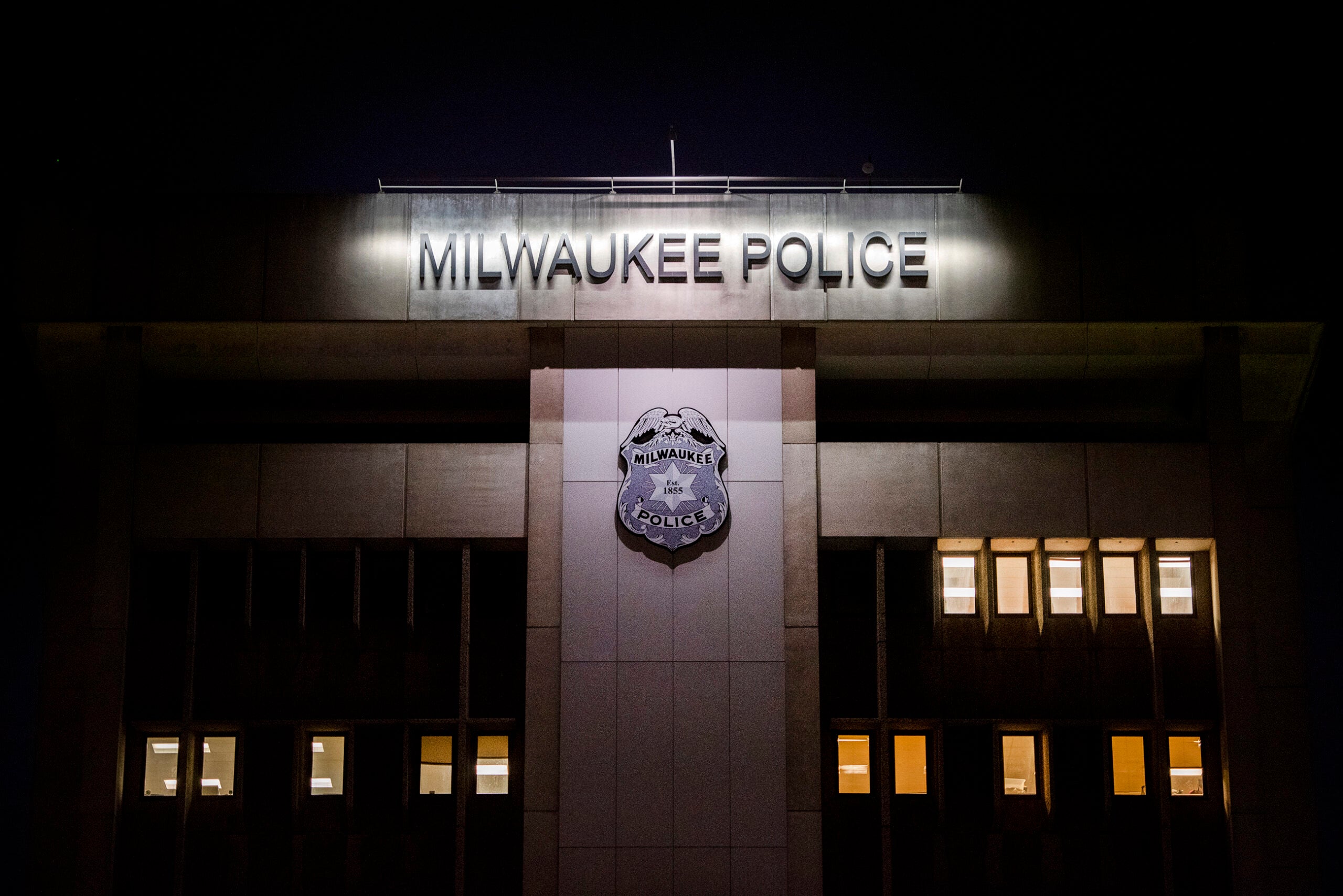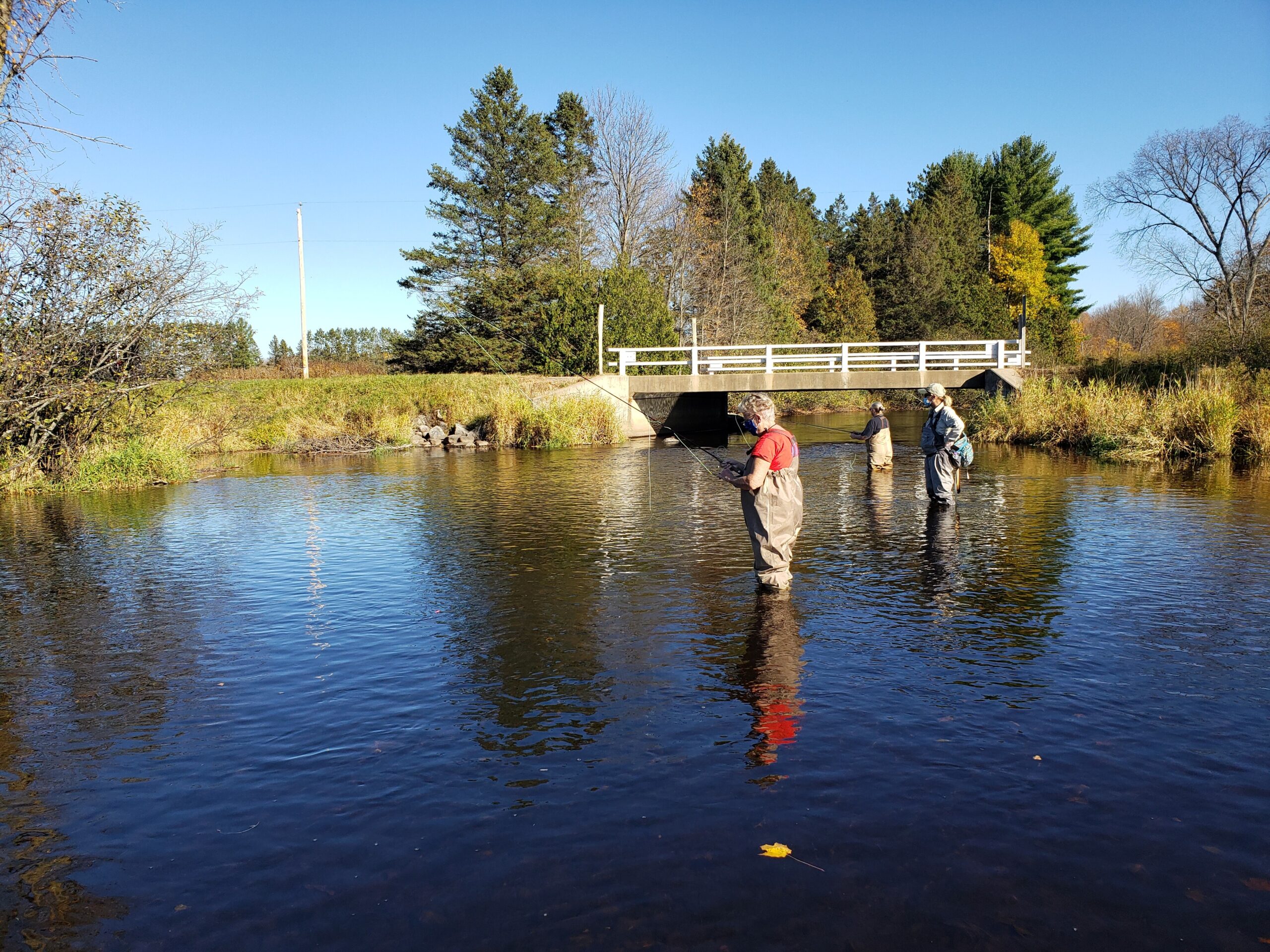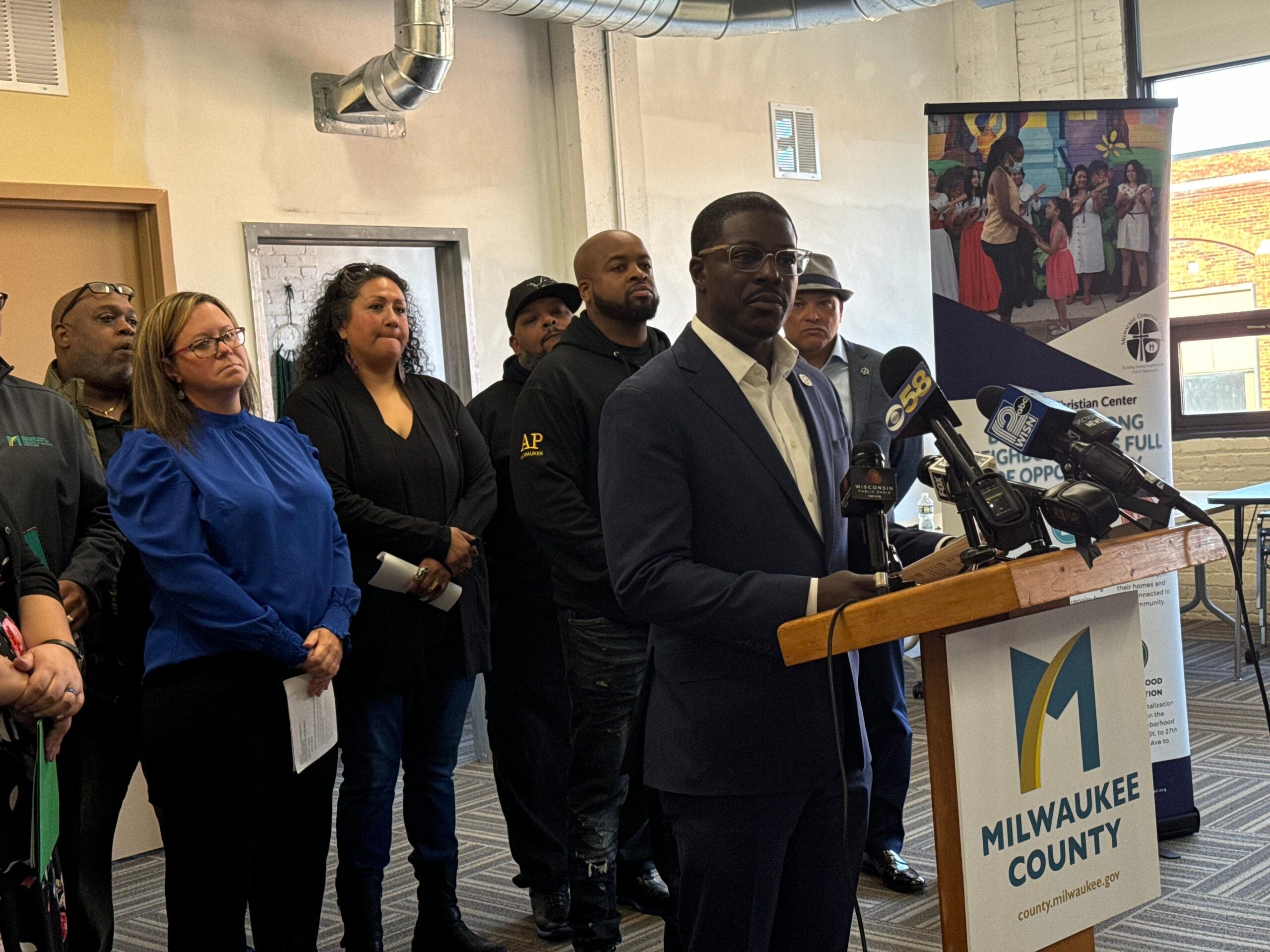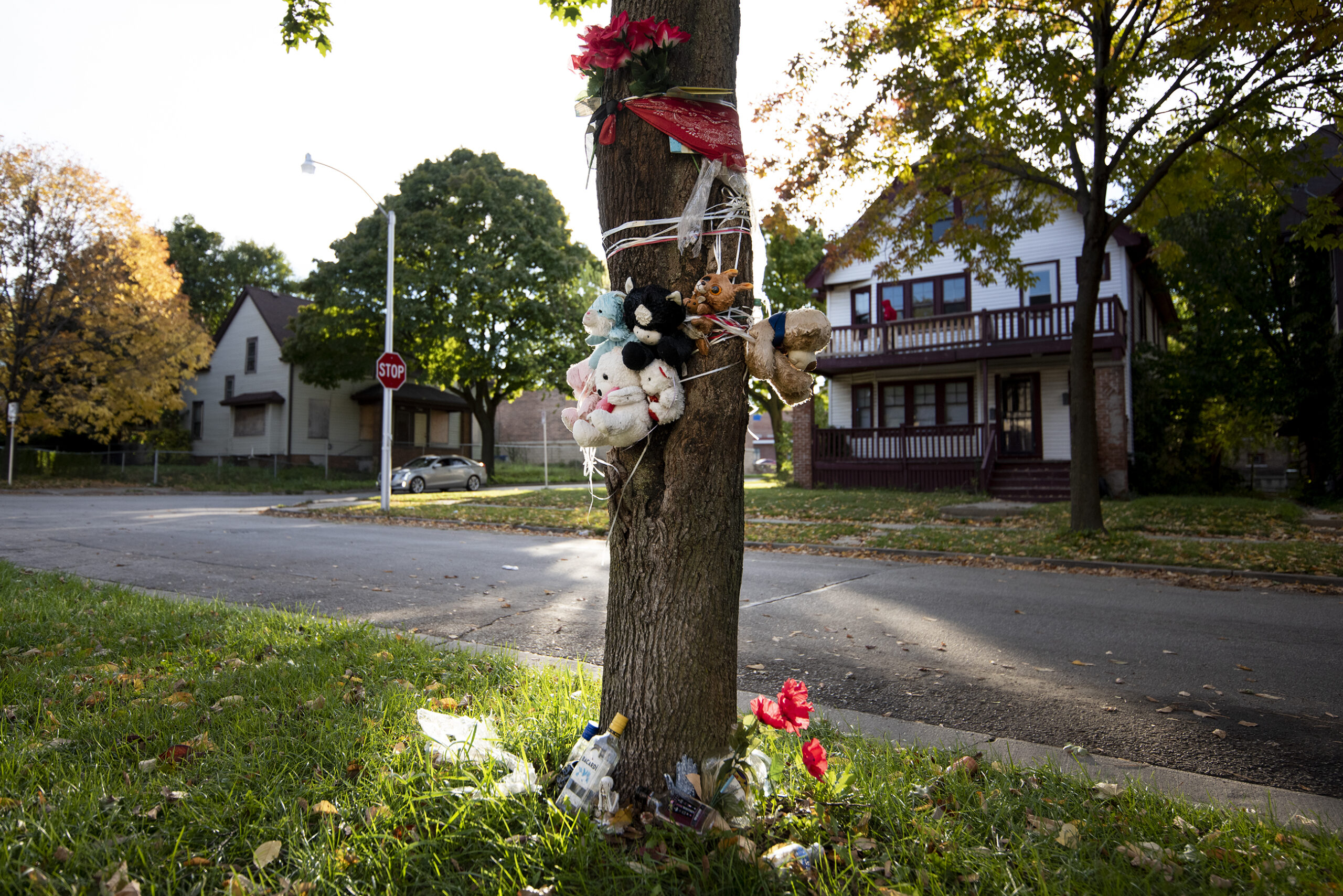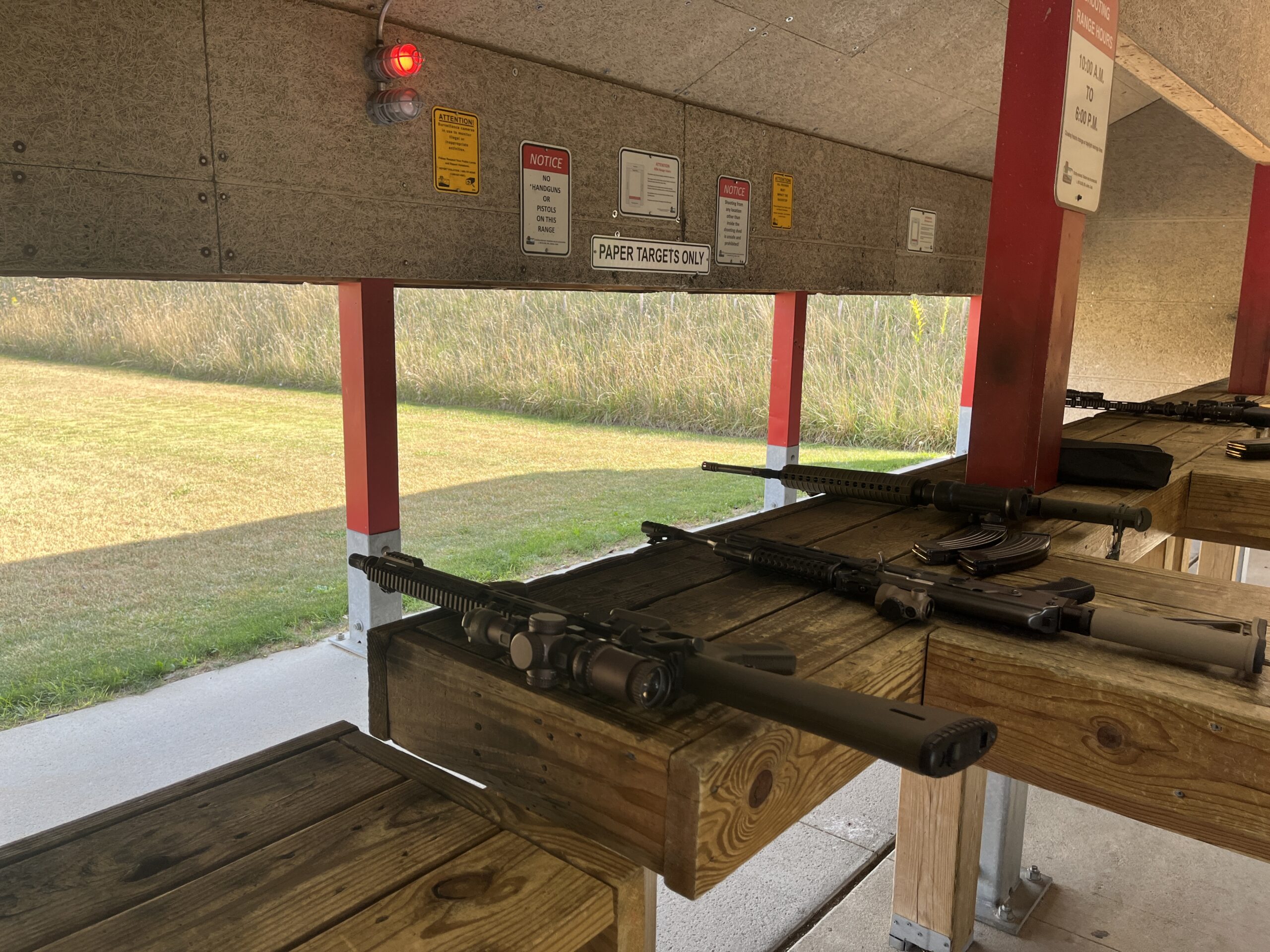There have now been 100 gun homicides in the state so far this year, following the killing of a 5-year-old girl in Milwaukee on Thursday night.
Twenty-two year-old Shawn Reinhart was also shot and killed on Monday in what police say was a drug-related robbery.
A panel of national experts is meeting with community leaders in Milwaukee on Friday to discuss strategies for keeping guns out of the hands of people with a high risk of harming themselves or others. A panelist at the summit said that one way to prevent such deaths is to strengthen laws that prohibit gun ownership for people with a history of violence or drug abuse.
Stay informed on the latest news
Sign up for WPR’s email newsletter.
“People who’ve been convicted of violent misdemeanors like assault and battery or brandishing a firearm. Another would be people who have a documented history of alcohol abuse, who have multiple convictions for alcohol related crimes,” said Dr. Garen Wintermute, who teaches emergency medicine at the University of California, Davis.
Assistant Milwaukee Police Chief James Harpole will also be at the summit. He said it’s time to make illegal possession of a gun a more serious offense than possession of marijuana. Harpole said that right now it’s easier to land in jail for drugs than it is for illegally carrying a gun.
“And then we talk about how many people are incarcerated, especially African-American men, for drug possession. Yet armed individuals continue to roam the streets and oftentimes use these guns in the commission of crimes,” Harpole said.
Milwaukee Urban League President Ralph Hollmon, however, said tougher gun laws aren’t enough. He said what’s needed is a community-based approach to changing the attitudes of the young men who are committing most of the gun crimes.
“So that our young men don’t think that they need a gun to protect themselves, to earn money or to gain respect,” Hollmon said. “We need to show our young men a more positive, a more productive way to live.
The gun summit is being held at the UW-Milwaukee’s School of Public Health.
Editor’s Note: This article is part of a Wisconsin Public Radio year-long series tracking all gun-related homicides in Wisconsin.
Wisconsin Public Radio, © Copyright 2025, Board of Regents of the University of Wisconsin System and Wisconsin Educational Communications Board.
